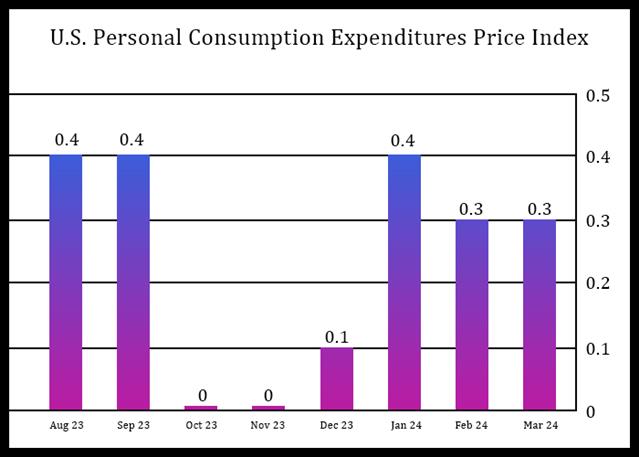Confirming a mild recession in the UK, official data showed that the economy contracted as initially estimated in the fourth quarter.
Gross domestic product fell by an unrevised 0.3 percent after a 0.1 percent drop in the third quarter, the Office for National Statistics said Thursday.
The UK economy grew only 0.1 percent in 2023, much weaker than the 4.3 percent expansion seen in 2022.
Excluding the year 2020, which was affected by the coronavirus pandemic, this was the weakest annual change in real GDP since the financial crisis in 2009, the ONS said.
Compared with the same quarter a year ago, real GDP declined 0.2 percent in the fourth quarter.
Data showed that there was a fall in the volume of net trade, gross capital formation, and household consumption in the fourth quarter, partially offset by an increase in government consumption.
Household spending fell 0.1 percent as estimated after declining 0.9 percent in the third quarter. Meanwhile, government spending grew 0.1 percent, which was revised from the initial estimate of 0.3 percent fall.
Growth in gross fixed capital formation was revised down to 0.9 percent from 1.4 percent. Within this, business investment moved up 1.4 percent, following a 2.8 percent drop in the preceding quarter.
The trade deficit for goods and services was 1.1 percent of GDP in the fourth quarter, revised up from the first estimate deficit of 1.6 percent.
Capital Economics’ economist Ashley Webb said timely indicators suggest the economy probably exited recession in the first quarter and the economic recovery is already underway.
The economist said the recession in the consumer sector may already be over and the recovery in consumer spending will soon start to gather pace.























